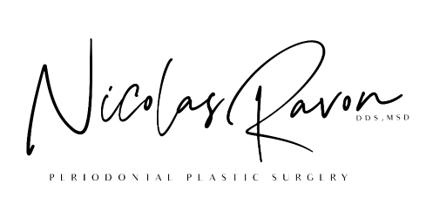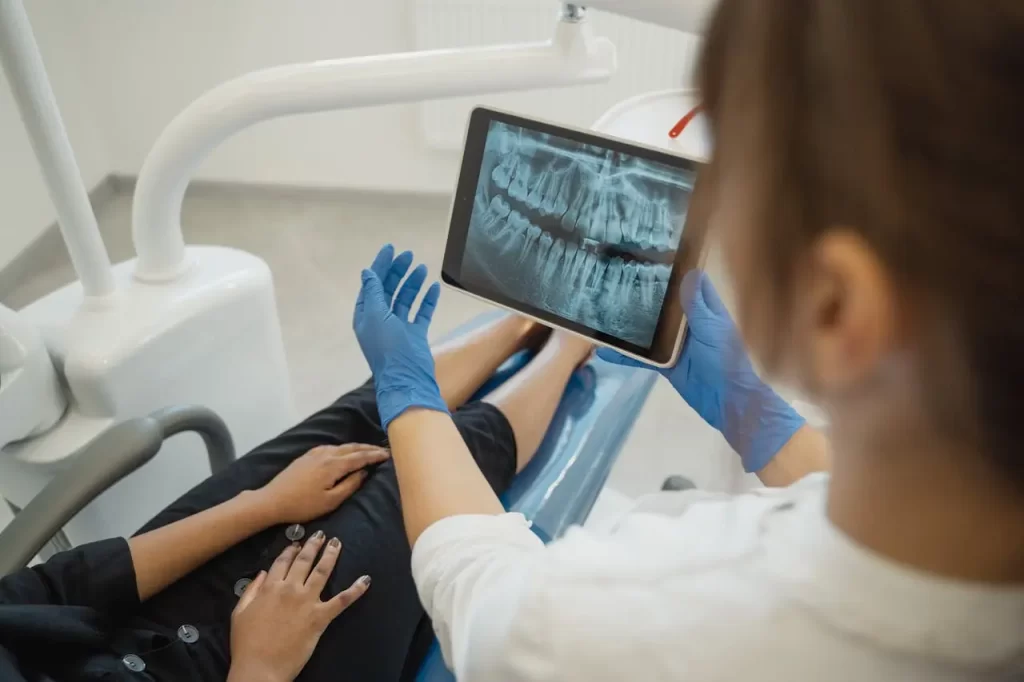Periodontal disease, commonly known as gum disease, is a prevalent issue that affects millions of people worldwide. Left untreated, it can lead to tooth loss and other serious health problems. However, periodontal treatment advancements have revolutionized how we manage and treat this condition. In this blog, we will explore the numerous benefits of advanced periodontal treatments and why they are essential for maintaining optimal oral health.
Understanding Periodontal Disease
Periodontal disease is an infection of the gums that can progress to affect the bone that surrounds and supports your teeth. It typically begins with bacterial growth in your mouth and may end — if not properly treated — with tooth loss due to the destruction of the tissue that surrounds your teeth.
Stages of Periodontal Disease
- Gingivitis: The mildest form of periodontal disease, characterized by redness, swelling, and bleeding gums.
- Periodontitis: A more severe form, where the gums pull away from the teeth and form pockets that become infected.
- Advanced Periodontitis: The final stage, marked by deep pockets of infection and significant bone loss.
Benefits of Advanced Periodontal Treatments
1. Prevention of Tooth Loss
One of the most significant benefits of advanced periodontal treatments is the prevention of tooth loss. Treatments such as scaling and root planing, laser therapy, and regenerative procedures can effectively remove the infection and promote the reattachment of gums to the teeth, thereby stabilizing the teeth and preventing further bone loss.
2. Enhanced Aesthetics
Advanced periodontal treatments can significantly improve the appearance of your gums and teeth. Procedures like gum grafting and crown lengthening can correct gum recession and excessive gum tissue, providing a more balanced and aesthetically pleasing smile.
3. Improved Oral Health
Effective periodontal treatments reduce the bacterial load in your mouth, which helps prevent further gum disease and tooth decay. This improvement in oral health can lead to fresher breath, healthier gums, and a lower risk of other dental problems.
4. Better Overall Health
Research has shown a strong link between periodontal disease and systemic health conditions such as heart disease, diabetes, and respiratory issues. By treating gum disease, you not only improve your oral health but also reduce your risk of developing these serious health problems.
5. Minimally Invasive Options
Many advanced periodontal treatments are minimally invasive, causing less discomfort and requiring shorter recovery times compared to traditional methods. For example, laser therapy targets infected tissue precisely without affecting surrounding healthy tissue, resulting in faster healing and less post-operative pain.
6. Preservation of Natural Teeth
Advanced treatments focus on preserving your natural teeth whenever possible. Procedures like guided tissue regeneration and bone grafting support the regrowth of bone and tissue, which can help secure loose teeth and prevent the need for extractions.
7. Personalized Care
Modern periodontal treatments are highly personalized. Dentists use advanced diagnostic tools such as digital X-rays and 3D imaging to develop customized treatment plans that address the specific needs of each patient. This tailored approach ensures more effective and efficient treatment outcomes.
8. Long-Term Savings
Investing in advanced periodontal treatments can save you money in the long run. By addressing gum disease early and effectively, you can avoid the higher costs associated with more extensive dental procedures, such as tooth replacements and complex surgeries.
Conclusion
Advanced periodontal treatments offer a multitude of benefits that go beyond simply treating gum disease. They improve oral health, enhance aesthetics, preserve natural teeth, and contribute to overall health and well-being. If you suspect you have periodontal disease or are experiencing symptoms such as bleeding gums or loose teeth, consult with a dental professional to explore the advanced treatment options available to you. Prioritizing your periodontal health today can lead to a healthier, more confident smile tomorrow.
FAQs about Advanced Periodontal Treatments
1. What is periodontal disease?
An infection of the gums can lead to tooth loss if untreated.
2. What are the symptoms?
Red, swollen, or bleeding gums, bad breath, painful chewing, loose teeth, and receding gums.
3. What are advanced periodontal treatments?
Modern procedures like scaling and root planing, laser therapy, and gum grafting are designed to treat gum disease.
4. How do these treatments prevent tooth loss?
They remove infection, reduce bacteria, and promote gum reattachment, stabilizing teeth.
5. Are these treatments painful?
Many are minimally invasive with less discomfort and shorter recovery times.
6. How can they improve my smile?
They correct gum recession and excessive tissue, enhancing aesthetics.
7. Is there a connection to overall health?
Yes, treating gum disease reduces the risk of heart disease, diabetes, and respiratory issues.
8. Can periodontal disease be cured?
It can be managed effectively but requires ongoing care.
9. What is laser therapy?
A minimally invasive treatment using focused light to remove infected gum tissue.
10. What are scaling and root planning?
A deep cleaning that removes plaque and smooths roots to help gums reattach to teeth.
11. How often should I get check-ups?
Every three to four months if you have periodontal disease.
12. What can I do at home?
Brush twice daily, floss, use antimicrobial mouthwash, and follow your dentist’s advice.
13. Are treatments covered by insurance?
Coverage varies; check with your insurance provider.
14. How long do the benefits last?
With good oral hygiene and regular dental visits, the benefits can last for many years.
15. Can periodontal disease affect dental implants?
Yes, it can cause peri-implantitis, so maintaining gum health is crucial.


